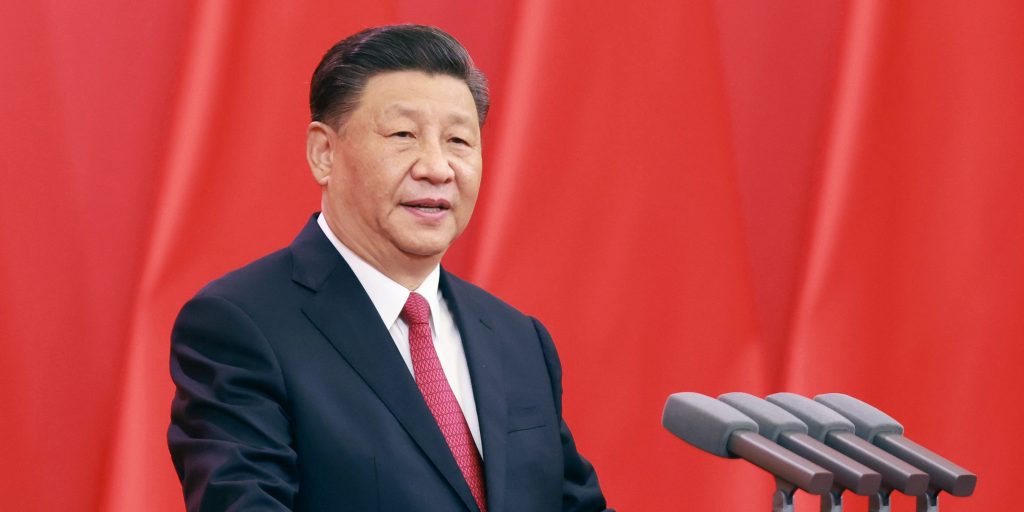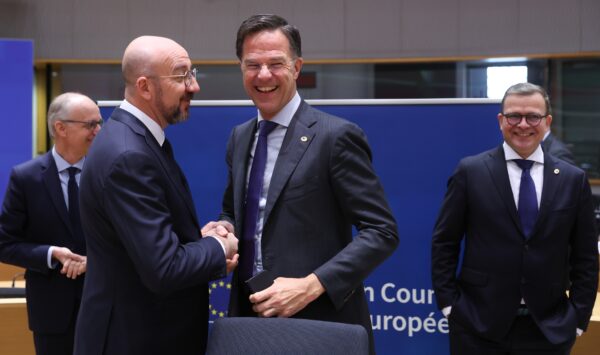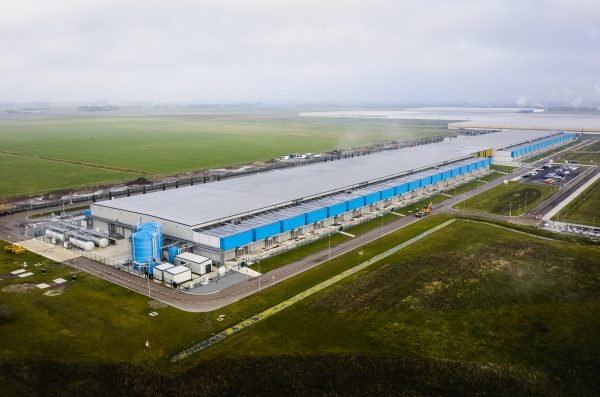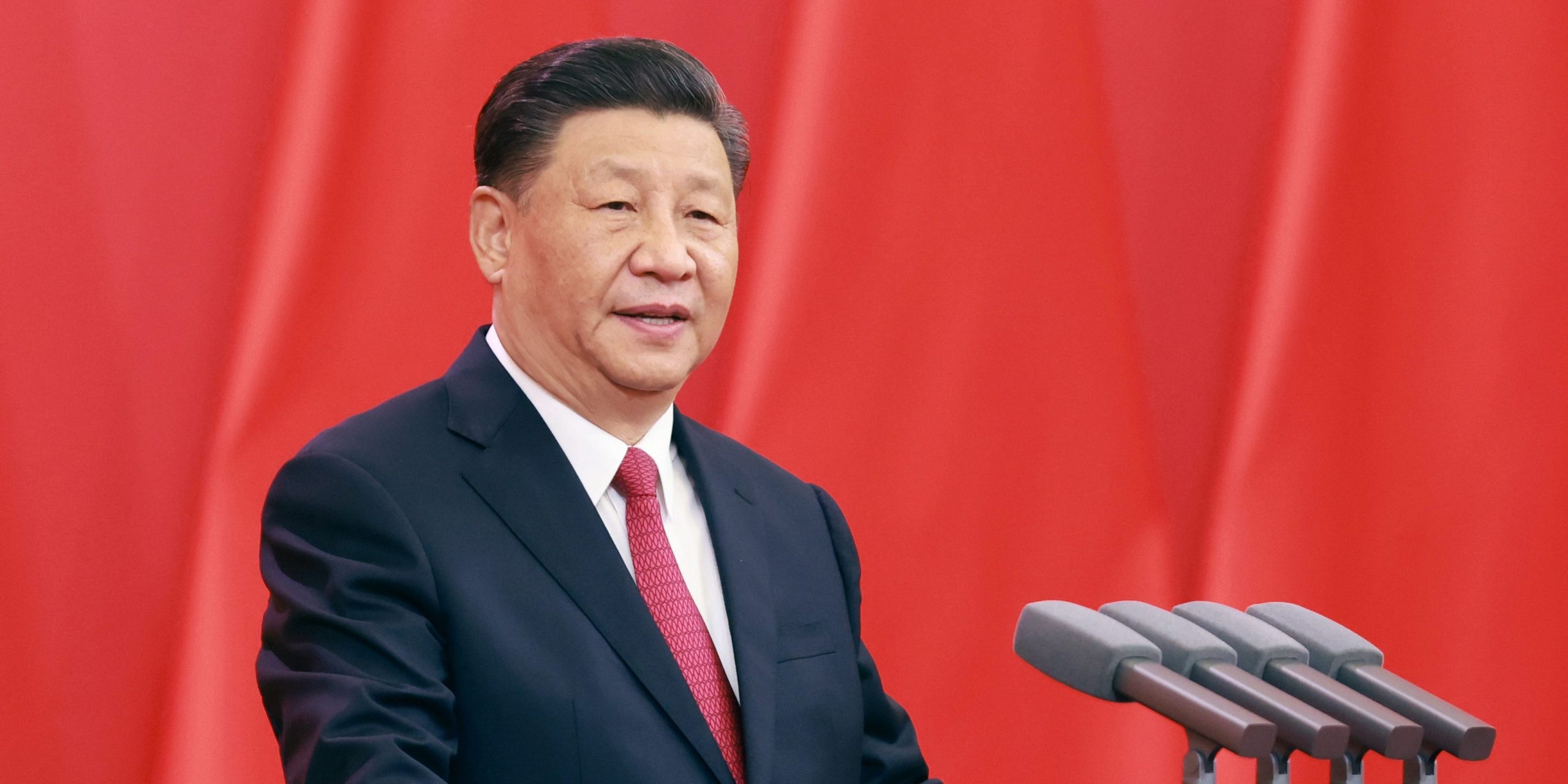
Ding Lin/Xinhua via Getty Images
- Western countries froze aid to Afghanistan after the Taliban took control on August 15.
- China, meanwhile, pledged $31 million in aid last week and kept its embassy in Kabul open.
- Beijing reportedly hopes to access Afghanistan's vast mineral deposits and secure its own borders.
- See more stories on Insider's business page.
China is already sending aid to Taliban-controlled Afghanistan, filling the financial gap left by the US and other world powers.
Since the Taliban took Kabul on August 15, the Biden administration has frozen as much as $10 billion in Afghan reserves held by US banks.
Simultaneously, western countries like the US, UK, and Germany suspended their aid programs to the country, largely citing the need to not legitimize the Taliban. The World Bank and NATO have also done so.
On the ground, Afghan civilians are in desperate need of help, with the United Nations warning on September 7 of a "looming humanitarian catastrophe." It said $200 million was needed to plug the gap.
Last week, China pledged $31 million worth of food, medicine, and COVID-19 vaccines, to Afghanistan, the first sizeable foreign-aid promise from a major nation since August 15.
What China wants from the Taliban
For China, the new Taliban regime signals a chance to extend its reach and access natural reserves. On September 3, the Taliban said China had promised to keep its embassy open and "beef up" relations. In late July, as the US was withdrawing from Afghanistan, Chinese Foreign Minister Wang Yi hosted Taliban leaders in his country, in a clear sign of warming relations between the two powers.
"With the US withdrawal, Beijing can offer what Kabul needs most: political impartiality and economic investment," Zhou Bo, a former colonel in the China's People's Liberation Army, wrote in The New York Times.
"Afghanistan in turn has what China most prizes: opportunities in infrastructure and industry building - areas in which China's capabilities are arguably unmatched - and access to $1 trillion in untapped mineral deposits."
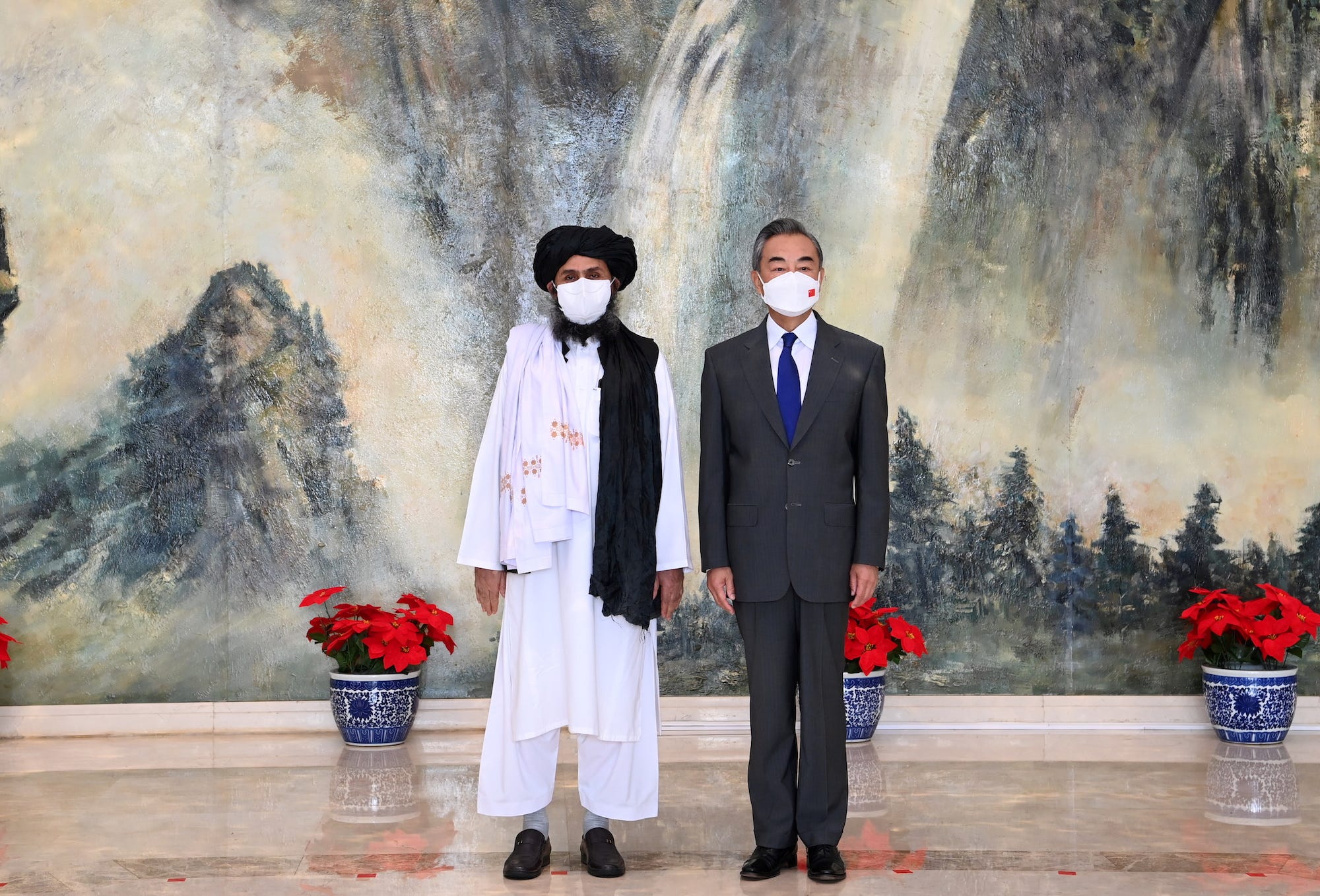
Li Ran/Xinhua via REUTERS
Senior Asian diplomats told the Financial Times that China was promising the Taliban hundreds of millions of dollars to rebuild infrastructure in Afghanistan.
China also wants the Taliban's cooperation in preventing Islamic extremism, particularly from the East Turkestan Independence Movement, near its borders, the FT said. ETIM is a political group fighting for the independence of what China calls its northwestern Xinjiang region.
China has long claimed that Muslim minority groups, like the Uyghurs and other ethnic Turkic people, pose a security threat. Since 2016, it has detained hundreds of thousands of Uyghurs at hundreds of prison-like camps across Xinjiang.
In their July meeting, the head of the Taliban Political Commission, Abdul Ghani Baradar, told China's foreign minister that the Taliban would never allow any forces to use the Afghan territory to endanger China, according to a Chinese government statement on the meeting.
'Our most important partner'
The Taliban have welcomed China's embrace.
"China is our most important partner and represents a fundamental and extraordinary opportunity for us," Taliban spokesman Zabihullah Mujahid said on September 3. "It is ready to invest and rebuild our country."
In mid-June, before the US military had left Afghanistan for good, CENTCOM commander Gen. Kenneth McKenzie told the Military Times that China's intentions were clear.
"I think they would like to get in for the mass mineral deposits that exist on the ground in Afghanistan," McKenzie said.
As of early September, the US has resumed funding some aid operations in Afghanistan, including about $260 million to programs like the UN World Food Program, The Wall Street Journal reported. Those programs work through local staff rather than the Taliban, a US Agency for International Development representative told The Journal.
Alongside China, Pakistan - which has long been accused of supporting the Taliban, and is a close ally of Beijing - is also working to help Afghanistan, sending at least four planeloads of aid since August 15.
